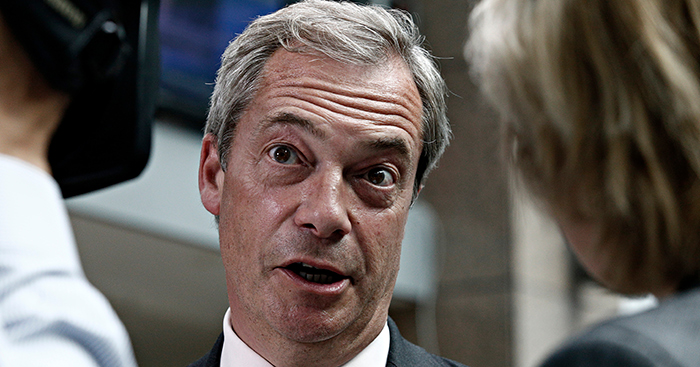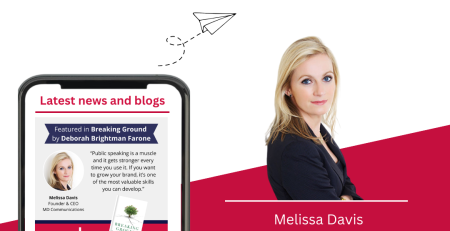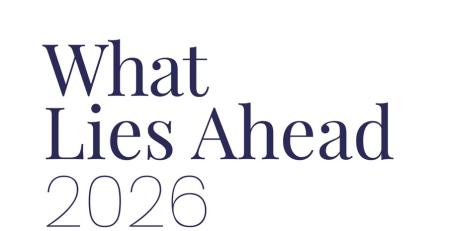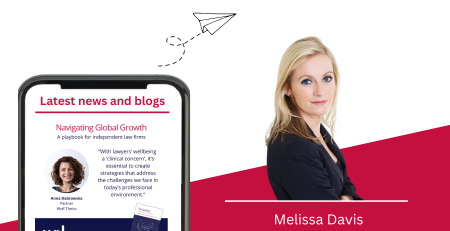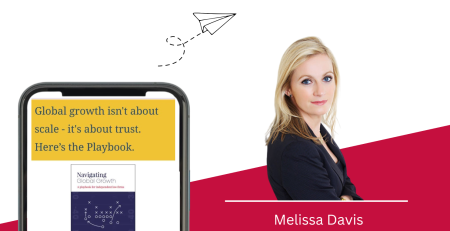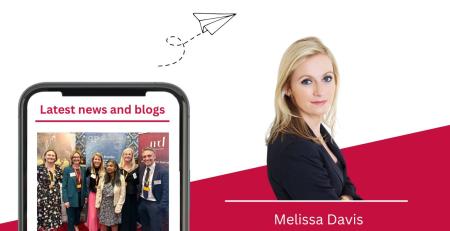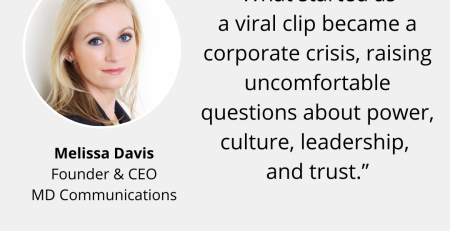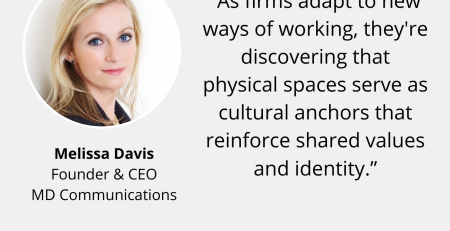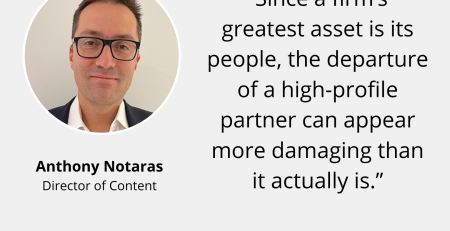When a story breaks that combines the first three topics of the above headline, you can be sure that clickthrough stats (or, once upon a time, print sales) will go through the roof. Unfortunately, and perhaps inevitably, the story shines a light on the fourth headline topic (or should that be ‘fourth estate’): journalism – but more of that later.
Firstly, the goss. The Daily Mail reported that Nigel Farage’s Coutts Bank account had been closed for ‘political reasons’, with Farage quoted as saying the situation was serious political persecution’.
Various right-wing politicians and luminaries bemoaned the situation, effectively suggesting that wokery was infecting the decision-making process by which banks accepted (or ditched) customers.
Who controls whom?
The UK functions with separations of power – though those separations are a bit ‘messy’, particularly around the executive and legislative (it does hold its judiciary at relative arms-length).
And, within this system, the Bank of England ‘answers’ to HM Treasury on policy, but sets them separately. The banks themselves operate within the rules set by parliament, which include those around ‘politically exposed persons’ (PEPs).
Banks and institutions must closely monitor and assess the risks associated with these people – namely, that there is more anti-money laundering and financial diligence and monitoring to undertake.
However, in the free market that we operate, banks can simply remove (or fail to accept) clients if they ‘don’t like them’ i.e. if they are abusive. There are, therefore, several ironies at play here around: a bank’s ability to choose their customers vs. free speech vs. government ministers wanting this ‘freedom to choose’ reined in.
Freedom of speech, freedom to choose
There is another irony, of course. At the same time, and with the launch of Wimbledon 2023, a number of stars called on the tennis tournament to end its association with sponsor Barclays, with actress Emma Thompson claiming the bank was ‘profiting from climate chaos’.
There are clearly convoluted ‘image issues’ that banks, and many corporates and law firms, face when it comes to how they work and who they work with. Despite the many millions of pounds they throw at sponsorship, volunteering, or marketing campaigns, they can’t deflect away from the core of what a business does, and how.
And a quick call-back on the freedom of speech issue: if you say things that are controversial and divisive, or act in such a way, then that will impact the other organisations you work with. The tar-brush effect is very real. ‘Woke’ or otherwise.
Telling tales
Finally, and back to Farage; it’s story that still wriggles (though it would appear with Farage giving it a shake).
After the initial wave of reporting, the second wave saw the BBC find that Farage’s bank account fell below a required financial threshold, and he was offered a NatWest account as an alternative (though Farage suggests this offer wasn’t made at the time of the Coutts account being shut).
But all good stories move on. And now, Farage has released details of a memo that purports to link his Coutts closure to Russian ties and his Brexit stance. Nothing illegal – but his views ‘were at odds’ with Coutts as an ‘inclusive organisation’.
First-off, there’s an irony in Coutts’ inclusivity claim, what with it being what most of us would describe as exclusive and high-end. But ‘controversy (and therefore reputation) by association’ is a very real thing.
Next point: Farage may have a ‘right’ to a bank account, but banks have a ‘right’ to decide who banks with them. Such exclusions should be exceptional though; and from a communications perspective, will be notoriously difficult to navigate what with client confidentiality versus accusations of a cover-up. In other words, the criticism of making such a decision must be weighed against the reputational risk of having that person as a customer – a tough call.
Then, there’s the media. We do expect the established media to fact-check. But, in the world of ‘always-on’ news means that claims, counter-claims and the actual facts themselves are drip-fed. I suspect the Beeb’s Simon Jacks and Daniel Thomas will be at least ‘frustrated’ that a fuller picture of the decision-making behind Coutts’ decision wasn’t detailed to them when they wrote.
It is, of course, quite the story, and the issues raised suggest there are further stories to tell. Unfortunately, some of that storytelling arguably leant towards being a tale – rather than a comprehensive reporting of the full facts.
Reputation, reputation, reputation
Coutts has a reputation, as have many high-end financial institutions, of being tight-lipped. They would argue that this is a natural by-product of not wanting to talk about who banks with them and why. But the world is moving on, and they are clearly trying to understand what that means for them.
They now have very tough decisions to make about their purpose, and how they represent that in the public domain.


